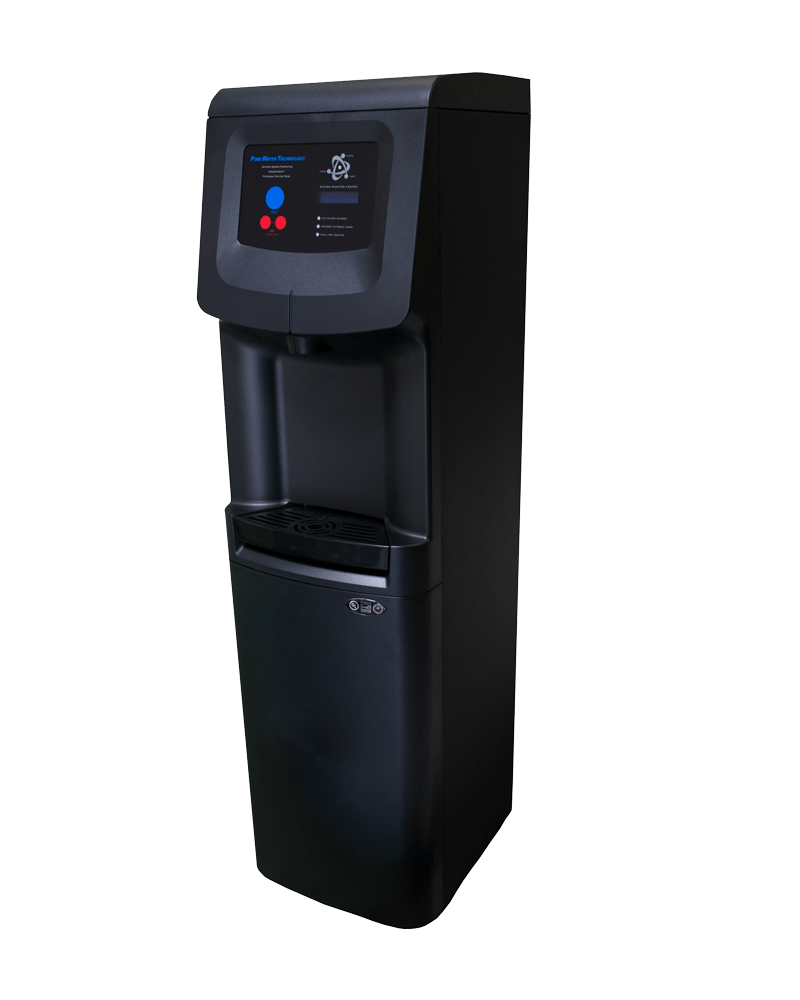Pure Water Technology: Revolutionizing Water Purification
In today's world, the significance of clean and safe drinking water cannot be overstated. The advancements in pure water technology have provided innovative solutions for ensuring that our water supply is free from contaminants. This article delves into the various aspects of pure water technology, exploring its importance, methods, and future potential. By understanding the intricacies of this technology, we can appreciate how it plays a crucial role in enhancing public health and environmental sustainability.
Pure water technology encompasses a range of methods and systems designed to produce potable water from various sources. With rising concerns over water quality due to pollution and climate change, these technologies have become essential in both urban and rural settings. This article aims to provide a comprehensive overview of pure water technology, including its applications, benefits, and the latest innovations shaping the future of water purification.
As we progress through this discussion, we will cover eight key sections that elaborate on different facets of pure water technology. From understanding the basic principles to examining its impact on public health, this article serves as a detailed guide for anyone interested in this vital topic. So, let's dive into the world of pure water technology and uncover its significance in our lives.
Table of Contents
What is Pure Water Technology?
Pure water technology refers to advanced systems and processes used to purify water, making it safe for human consumption. These technologies utilize various methods to remove impurities, including bacteria, viruses, chemicals, and heavy metals, from water sources. The goal is to produce water that meets or exceeds health and safety standards set by regulatory bodies.
Importance of Pure Water Technology
The importance of pure water technology is paramount in addressing global water crises. Here are some key points highlighting its significance:
- Health Benefits: Access to clean drinking water significantly reduces waterborne diseases.
- Environmental Protection: Pure water technology helps in the sustainable management of water resources.
- Economic Advancement: Clean water is essential for various industries, contributing to economic growth.
- Community Awareness: Promoting pure water technology raises awareness about water conservation.
Methods of Pure Water Purification
There are several methods used in pure water technology, each with its unique benefits and applications. Some of the most common methods include:
- Filtration: Removes particles and sediments through physical barriers.
- Distillation: Purifies water by boiling it and collecting the steam.
- Ultraviolet (UV) Treatment: Uses UV light to kill microorganisms.
- Activated Carbon Filters: Absorbs impurities and chemicals.
Biological Filtration in Water Purification
Biological filtration involves the use of microorganisms to break down organic matter in water. This method is particularly effective in removing contaminants and improving water quality. Key features include:
- Natural Process: Mimics natural ecosystems to cleanse water.
- Cost-Effective: Requires minimal energy and resources.
- Sustainable: Reduces the need for chemical treatments.
Reverse Osmosis Technology
Reverse osmosis (RO) is a widely used method in pure water technology. This process involves forcing water through a semi-permeable membrane that removes dissolved solids and impurities. Benefits of RO technology include:
- High Efficiency: Removes up to 99% of contaminants.
- Versatility: Applicable for various water sources, including seawater.
- Improved Taste: Enhances water flavor by eliminating chemicals.
Advanced Oxidation Process
The advanced oxidation process (AOP) combines strong oxidants to effectively degrade organic pollutants in water. This method is particularly useful for treating wastewater and contaminated groundwater. Key aspects include:
- Effective Degradation: Breaks down complex organic compounds.
- Minimal Residuals: Produces fewer harmful by-products.
- Broad Applicability: Suitable for various industrial applications.
Impact on Public Health
Access to pure water technology has a profound impact on public health. Clean drinking water is essential for preventing diseases such as cholera, dysentery, and typhoid fever. By improving water quality, communities can experience:
- Reduced Healthcare Costs: Fewer illnesses lead to lower medical expenses.
- Increased Productivity: Healthy populations contribute to economic growth.
- Enhanced Quality of Life: Access to safe water improves overall well-being.
Future of Pure Water Technology
The future of pure water technology is promising, with ongoing research and innovations aimed at improving water purification processes. Some trends to watch for include:
- Smart Water Technologies: Integration of IoT for real-time monitoring of water quality.
- Eco-Friendly Solutions: Development of sustainable purification methods.
- Decentralized Water Systems: Community-based approaches to increase access to clean water.
Conclusion
In conclusion, pure water technology is a vital component in ensuring access to safe drinking water for all. By understanding its methods and benefits, we can appreciate the role it plays in public health and environmental sustainability. As we move forward, embracing innovations in this field will be crucial in tackling global water challenges. We encourage readers to engage with this topic by sharing their thoughts, experiences, or questions in the comments below.
Penutup
Thank you for exploring the fascinating world of pure water technology with us. We hope this article has provided valuable insights and encouraged you to learn more about the importance of clean water. Stay tuned for more informative content and remember that your health and the environment are worth protecting!
Also Read
Article Recommendations



ncG1vNJzZmivp6x7tMHRr6CvmZynsrS71KuanqtemLyue9WiqZqko6q9pr7SrZirq2dkvba%2BxGaumqyVp3q1scKhpaikn5zGb7TTpqM%3D